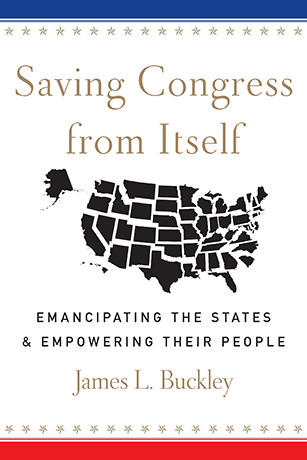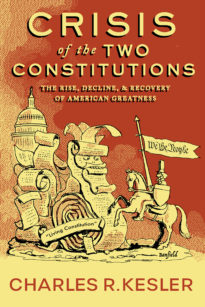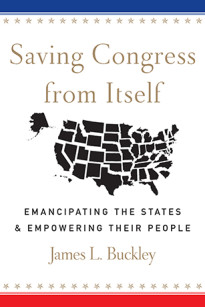Saving Congress from Itself proposes a single reform: eliminate all federal grants-in-aid to state and local governments. This action would reduce federal spending by over $600 billion a year and have a profound effect on how we govern ourselves. The proliferation of federal grants-in-aid programs is of recent vintage: only about 100 such grants existed before Lyndon Johnson took office, and now they number more than 1,100. Eliminating grants to the states will result in enormous savings in federal and state administrative costs; free states to set their own priorities; and improve the design and implementation of programs now subsidized by Washington by eliminating federal regulations that attend the grants. In short, it will free states and their subdivisions to resume full responsibility for all activities that fall within their competence, such as education, welfare, and highway construction and maintenance. And because members of Congress spend major portions of their time creating grants and allocating funds assigned to them (think earmarks), eliminating grants will enable Congress to devote its time to responsibilities that are uniquely national in character.
Free shipping on all orders over $40
Saving Congress from Itself
Emancipating the States and Empowering Their People

$19.99
Also Purchase as e-Book
Publication Details
Hardcover / 120 pages
ISBN: 9781594037740
PUBLISHED: 12/09/2014
- Media: Request a Review Copy
- Academia: Request an Exam Copy
Saving Congress from Itself
Emancipating the States and Empowering Their People
About the Author
James L. Buckley was born in New York City in 1923, grew up in rural Connecticut, and received his B.A. degree from Yale. Following service as a naval officer in World War II, he returned to New Haven to secure his law degree.
Related Titles
×











